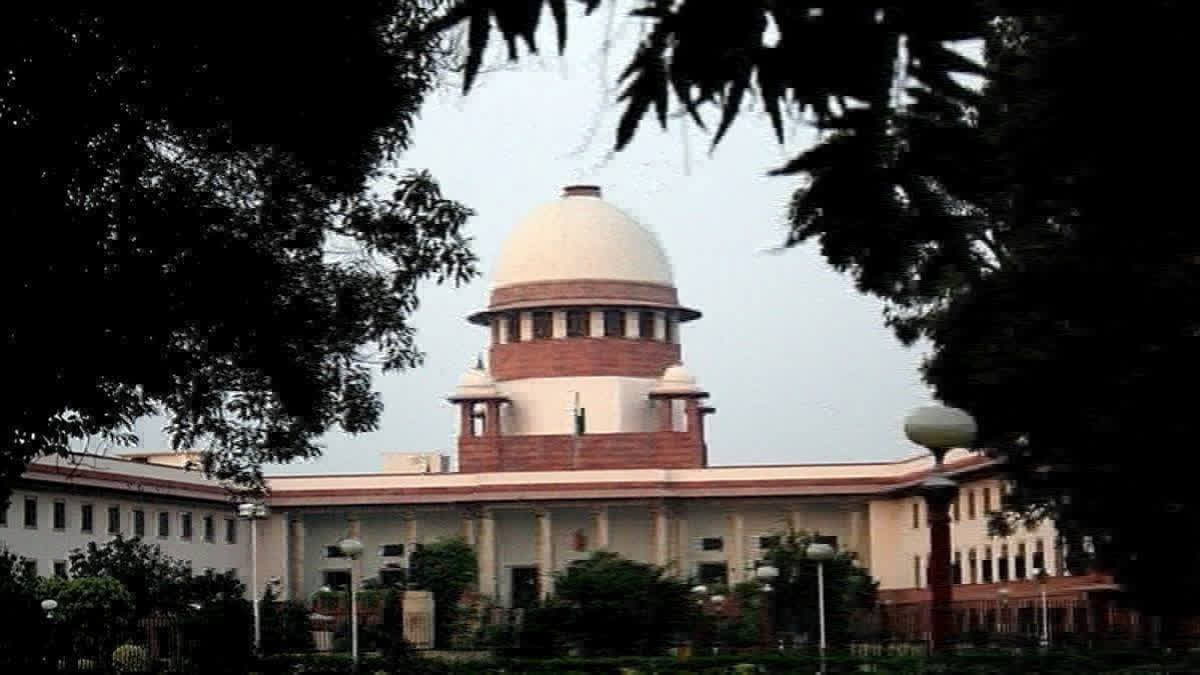New Delhi: The Supreme Court on Monday observed that if somebody wants to hold a demonstration, what is the requirement of issuing order under Section 144 of CrPC, while dismissing a plea of the Jharkhand government against the high court's decision quashing criminal cases against state BJP leaders and MP Nishikant Dubey over protests held in Ranchi in 2023.
The matter came up before a bench comprising Justices Abhay S Oka and Ujjal Bhuyan. “What is the requirement of issuing orders under section 144 of CrPC, if somebody wants to hold a demonstration. This happens because section 144 of CrPC is being misused…”, said the bench.
The Jharkhand government counsel said prohibitory orders under section 144 of the CrPC were in place, but the accused held a protest which turned violent. The counsel stressed that several people, including administrative officials, were injured, and argued that the high court erred in its finding, as it said they have the right to protest.
The bench, which was not convinced with the state's contention, observed that nowadays there is a tendency to impose these orders, whenever there is a protest. The apex court made it clear to the state's counsel that if it were to interfere, it would send the wrong signal. The counsel pressed before the bench that stones were pelted during the protest.
After hearing submissions, the bench said it is not inclined to interfere with the August 14, 2024 order of the high court and dismissed the appeal filed by the state government.
On April 11, 2023, a protest was held by the central and state BJP leaders, in which over 5,000 people participated despite Section 144 of CrPC being in place. The Jharkhand High Court, in August last year, quashed the case registered against the BJP leaders. The high court had said the right of people to hold peaceful protests and demonstrations, etc is a fundamental right guaranteed under Articles 19(1)(a) and 19(1)(b) of the Constitution.
The high court had said that holding peaceful demonstrations by the citizenry in order to air its grievances and to ensure that these grievances are heard in the relevant quarters is its fundamental right.



